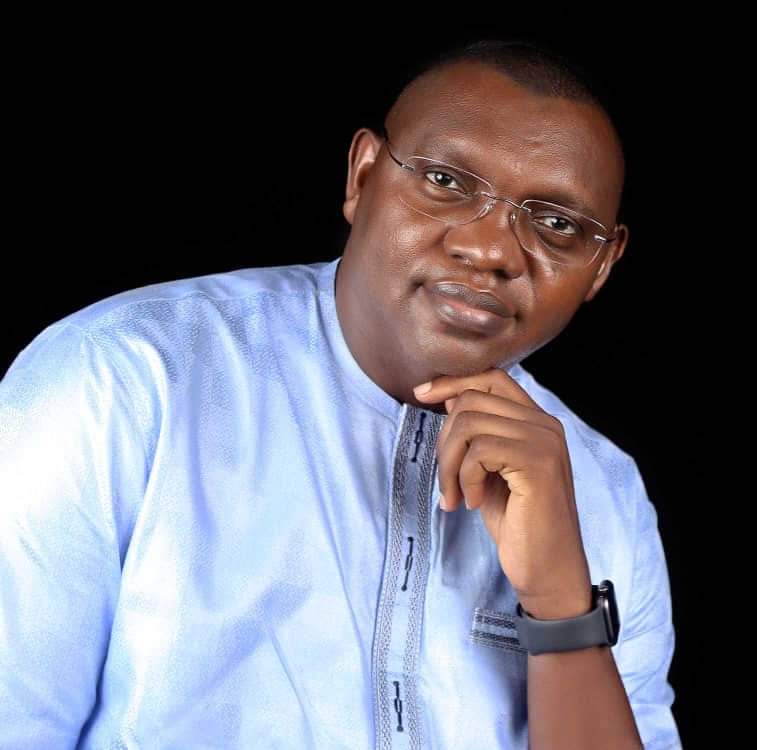“If you are peeling groundnuts for a blind man, you must keep whistling so he knows you are not eating it”
- African Proverb
This month we witnessed the drama between the governor of Edo state, H.E Governor Godwin Obaseki, the Minister of Finance, Budget and National Planning, Zainab Shamsuna Ahmed, Central Bank of Nigeria (CBN)and the National Economic Council (NEC), centered around the printing of money or not.
I have had lots of discussions with friends on this, as par its impact on inflation and on the utilization of the monies for recurrent expenditure or infrastructure.
This post is however not on the economics of printing money, but on the level of transparency in government and government policies. The aforementioned issue shows the ‘suspicious secrecy’ in which economic affairs are handled in Nigeria and a lack of coordination from the managers of the economy, and when such issues come to the open and are sensualized by the media it results in a thick air of uncertainty that is detrimental to investments and growing our economy.
And above all, this issue is a subtle pointer to the unsustainability of the current model of monthly ‘sharing’ of money from the federation account.
Let me start by giving a few background facts to set the stage right:
• Nigeria is ranked 149 out of 180 nations regarding the corruption perception index of 2020. The nation scored an abysmal 25% in the survey carried out by Transparency International.
• The aforementioned is a major factor responsible for the downward trajectory of foreign direct investments (FDIs) to Nigeria in recent times.
• According to the 2020 World Investment Report by the United Nations Conference on Trade and Development (UNCTAD), Nigeria has experienced a decrease of FDIs by 49% from USD 6.6 billion in 2018 to 3.3 billion in 2019.
• Plateau State is among 22 states in Nigeria that received zero (0) Foreign Direct Investments (FDIs) in 2020.
• FDIs benefit developing economies by supplementing local investment, employment creation, technology transfer, increased domestic and global competition, and other positive economic outcomes. The Plateau State economy will not be exempted from such benefits with healthy FDIs as a result of a transparent and accountable administration.
I have always been an advocate for new thinking in governance, and with a fast changing world, Plateau state needs new thinking to prepare and position us to become an economically self-sustainable state.
And here is a proposal for those in government now or those who will be there tomorrow.
The Plateau State Government Accountability Programme (GAP)
The Plateau State Government Accountability Programme (GAP) will be a set of initiatives and milestone activities aimed at entrenching fiscal responsibility, transparency, and accountability of the Plateau State Government. The Plateau GAP initiative is primarily aimed at achieving more effective and efficient delivery of the dividends of democracy to the good people of the state.
Initiatives of Plateau GAP
I. Open Accountability System (OASYS): This is an initiative whereby the finance system and transactions of the Plateau State Government involving receipts of monthly allocations from the Federal Government, disbursements to Local Government Councils, budget tracking and utilization, and state government projects implementation are published online through a web-based application proposed as the Open Accountability System (OASYS). With OASYS, the people of Plateau State, Nigerians, and global institutions will have access to the fiscal status of the State Government of Plateau. This will enhance the transparency of the state and be a reference point to other states of Nigeria.
II. Relaunch of PLAGIS: In 2010, President Goodluck Jonathan under the administration of Governor Jonah Jang established the Plateau State Geographic Information System (PLAGIS). PLAGIS was mandated to establish the full computerization and automation of the land management in the area of land acquisition, disposal and usage in the state.
However, the Managers of PLAGIS have failed to live up to their primary mandate and thus have allowed bureaucratic bottlenecks/other vices to take over leading to the State Government’s inability to adequately manage the rich land resource of the state, leading to loss of much desired internal generated revenue.
The relaunch of PLAGIS through the complete overhaul and computerization of land management will enhance the transparency of the Plateau State Government thereby attracting FDIs as land is a vital factor of economic production. This done effectively will free up a lot of hitherto ‘dead capital’ tied up in undocumented lands.
III. The Development Partners Backstop Initiative: This should also be a key component of the Plateau GAP effort. The Plateau State Government is to secure the backstop support of international development partners such as the World Bank, UNICEF, UNDP, USAID, DFID, etc in area of capacity development, financing and funding, and monitoring of government projects and programmes. This could be achieved through strategic partnership agreements with international development partners.
As a gesture of goodwill, the Plateau State Government can see to the establishment of a state-of-art building complex to accommodate international development partners in Jos, Plateau State.
For the next administration to succeed in implementing Plateau GAP, a comprehensive framework is required. Also required is the Plateau State House of Assembly passing the programme into law in order to give it legitimacy.
The Plateau GAP effort will indeed attract positive attention to the state through FDIs thereby putting Plateau State on the path of fiscal self-sufficiency.
Alfred Dapal Damiyal
count | 57

Recent Comments
Mwanchuel Daniel PamMarch 8, 2024 at 11:06 pm
Bob WayasNovember 6, 2023 at 5:30 am
JosephNovember 5, 2023 at 3:47 am